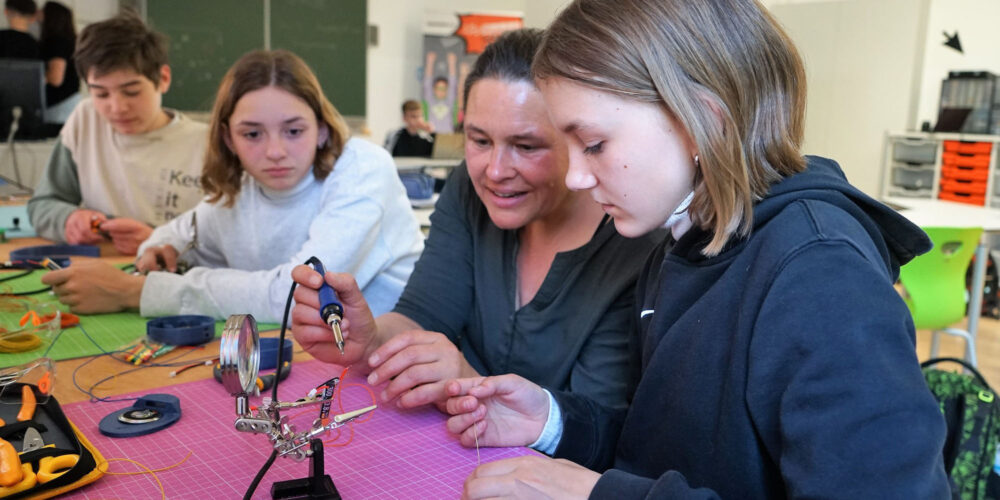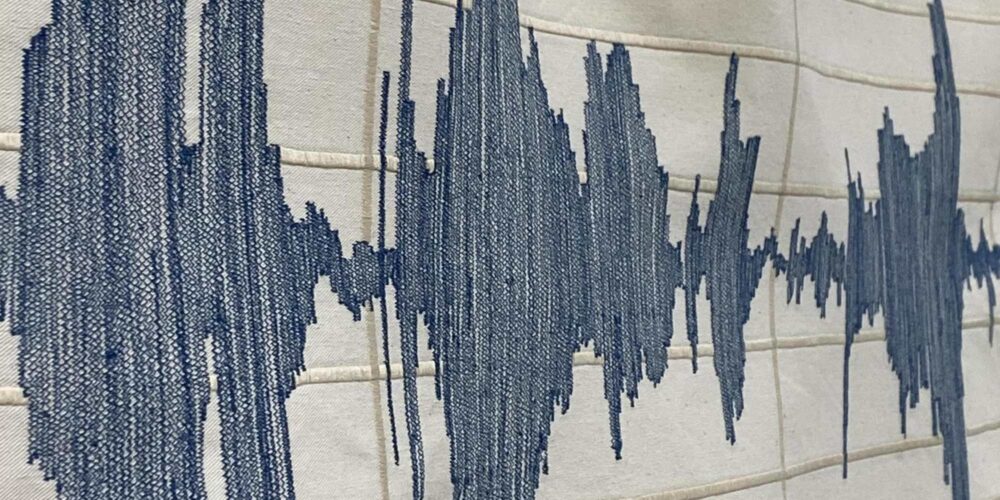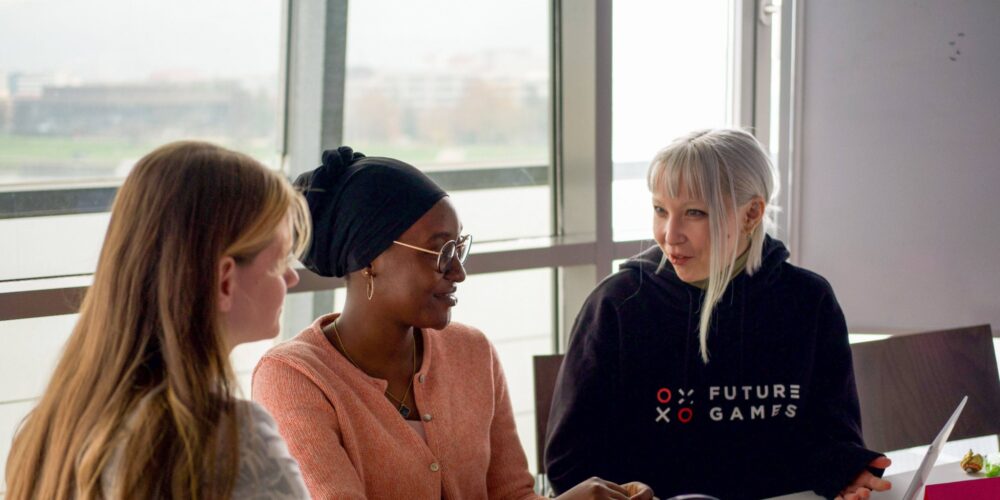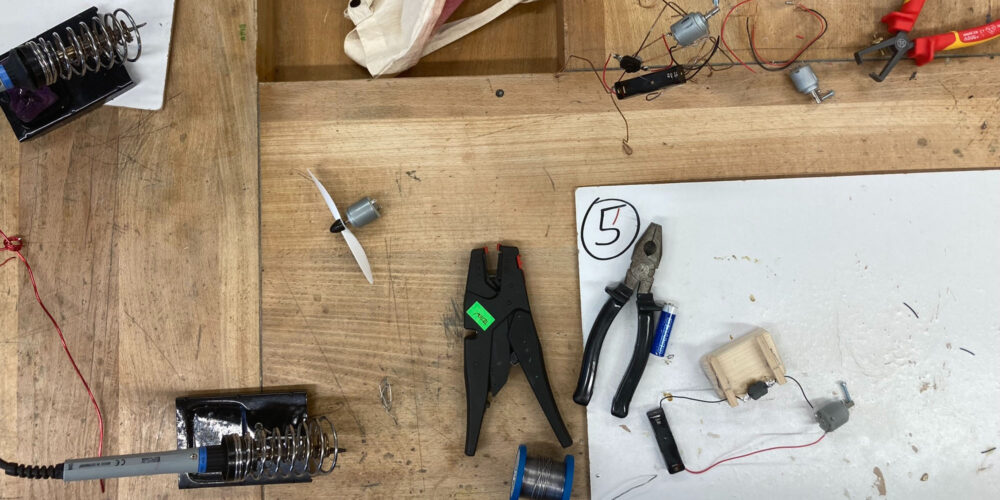
Cooperation & Innovation
-
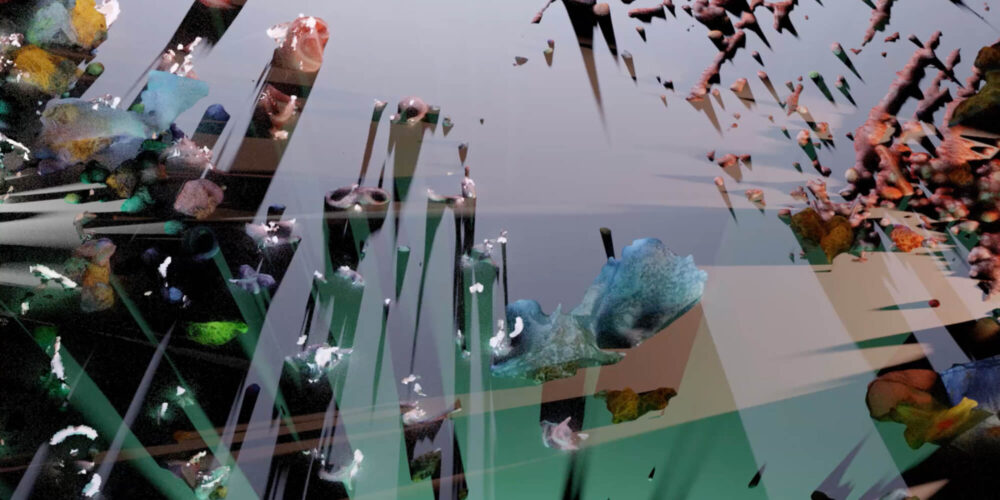
Swiss Artworks in the Spotlight
One focus of the Ars Electronica Festival 2023 is the representation of Swiss artists who will be present in Linz in the form of innovative projects as well as in person.
-
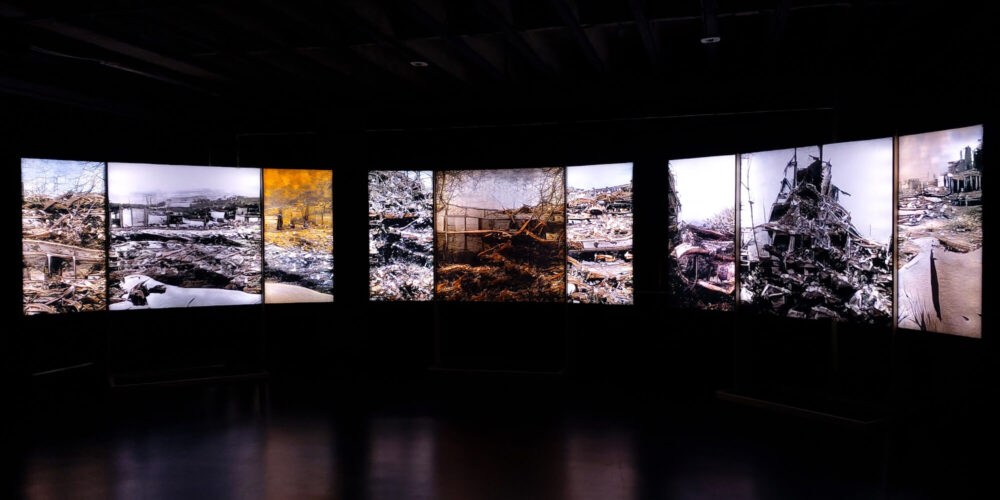
In Search of Truth between Polarized Spheres
Massive Binaries by Andy Gracie, winner of the Randa Art|Science residency, illustrates two different narratives of opposing spheres orbiting each other.
-

Old habits and new experiments
To find out how POSTCITY as a venue affects the exhibition concept of Prix Ars Electronica and S+T+ARTS, read on.
-
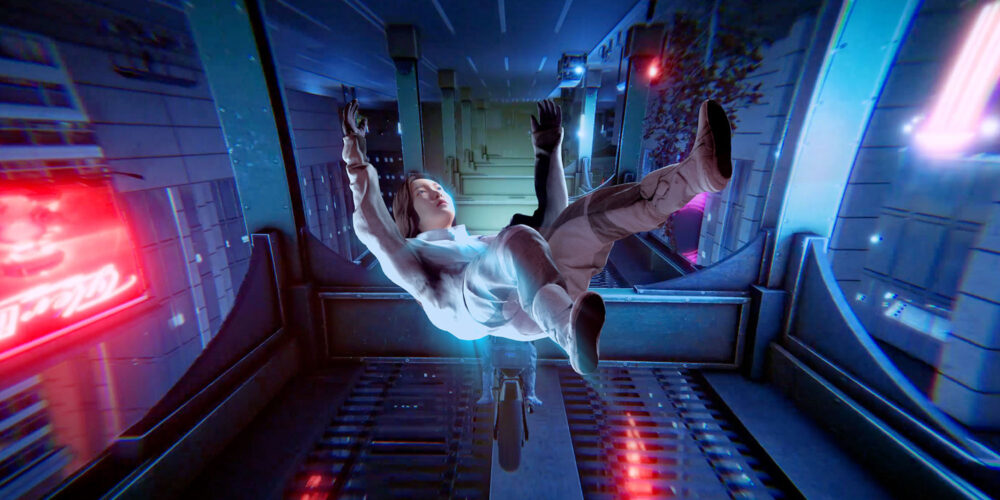
Invisible Journeys in a Fictitious World
In 2023, the Golden Nica in the Prix Ars Electronica category New Animation Art went to South Korean artist Ayoung Kim for her project “Delivery Dancer’s Sphere”.
-
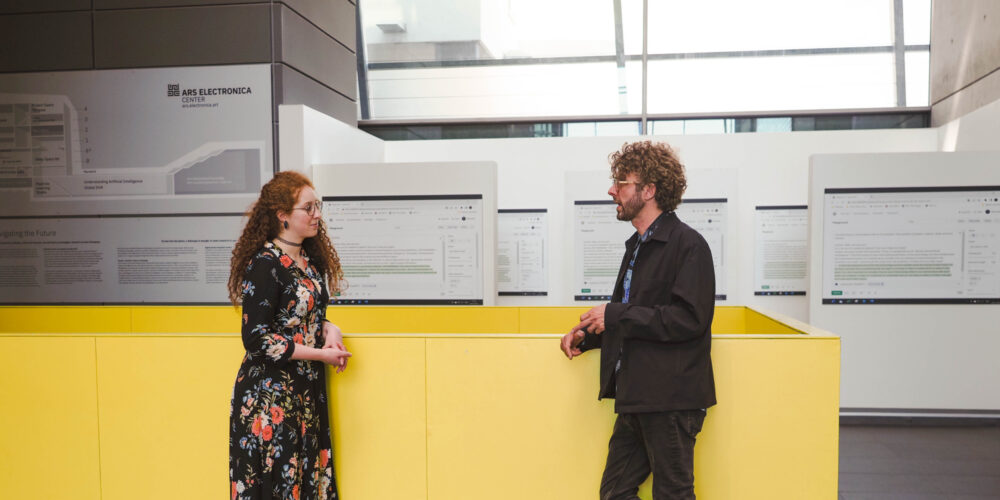
#Let’s Swab – Science for Citizens and Citizens for Science
In Isala scientists and citizens join forces to study the vaginal microbiome and create a database that challenges the social and medical bias surrounding the female body and intimate self-care.
-
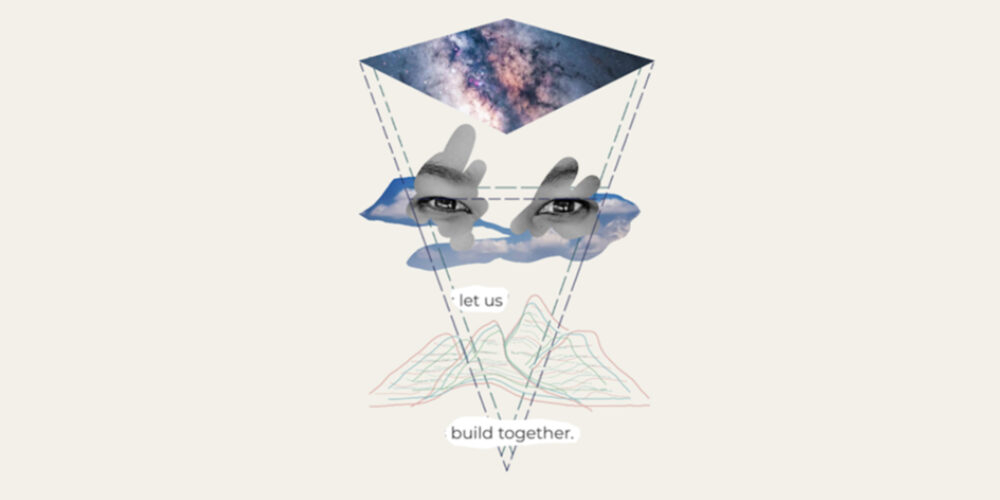
Masakhane – “We build together”
This year’s Digital Humanity Award winners are the grassroots organisation Masakhane, which specialises in bringing African languages closer to the technology industry.
-
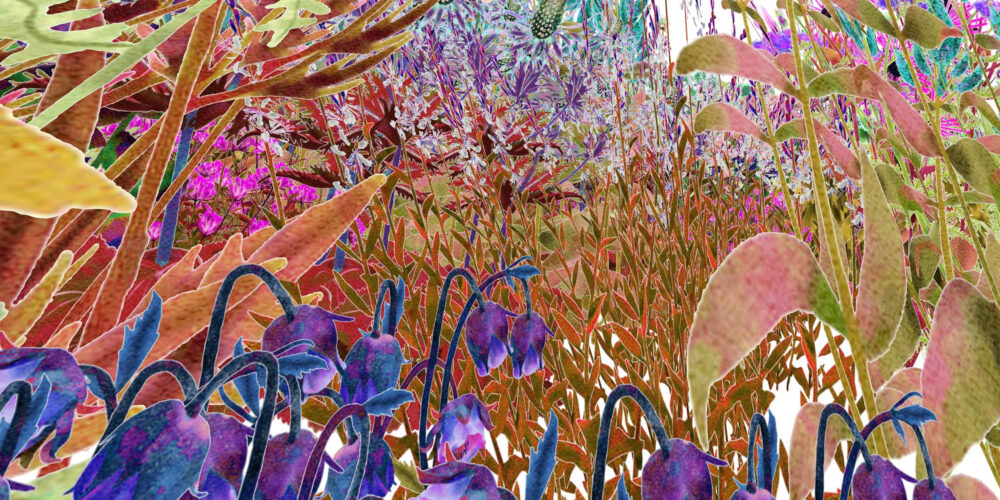
“Pollinator Pathmaker” – living art for insects
“Pollinator Pathmaker” by Alexandra Daisy Ginsberg is this year’s winning project in the Artistic Exploration category of the STARTS Prize.
-
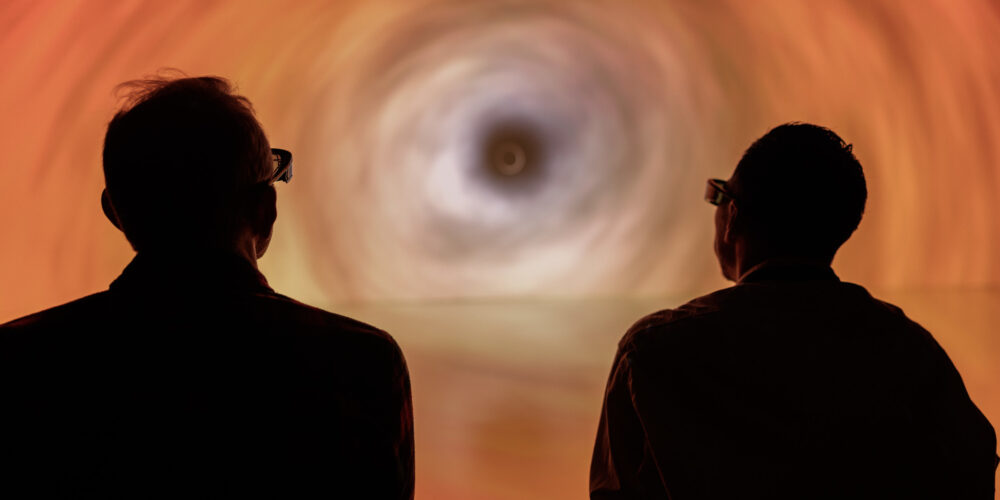
Reflection on the Prix Ars Electronica Jury Weekend
Suhun Lee has been selected as the first curator in residence for the Curatorial Residency Program enabled by ARKO. In this guest article, she describes her personal impressions of the Prix Ars Electronica Jury Weekend.
-
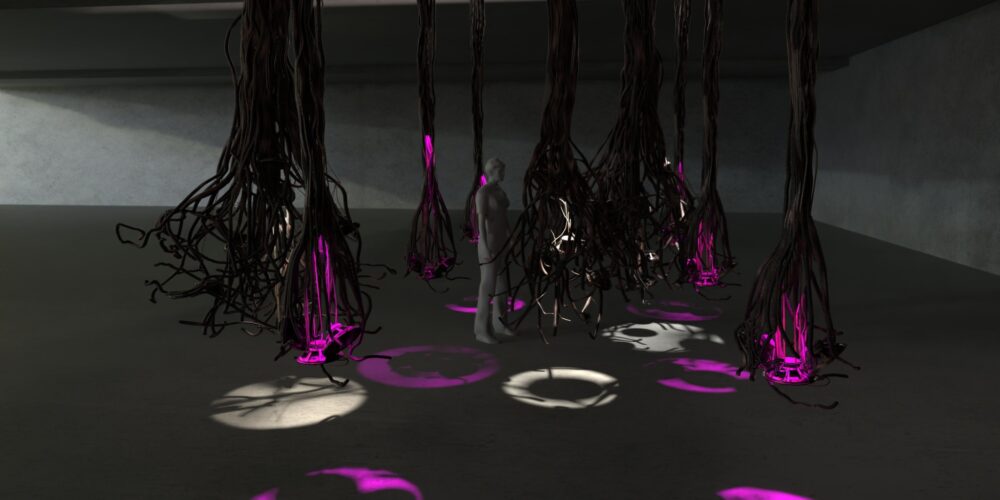
Soundscapes of the Andean plain
This year’s Golden Nica in the category “Digital Musics & Sound Art” goes to the collective Atractor + Semántica Productions, for their project A Tale of Two Seeds: Sound and Silence in Latin America’s Andean Plains.
-

Reimagining Human Habitats
In an interview with artist Dorotea Dolinšek, we discover the secrets of the microbiome and how our symbiotic relationship with microorganisms affects our well-being.
-
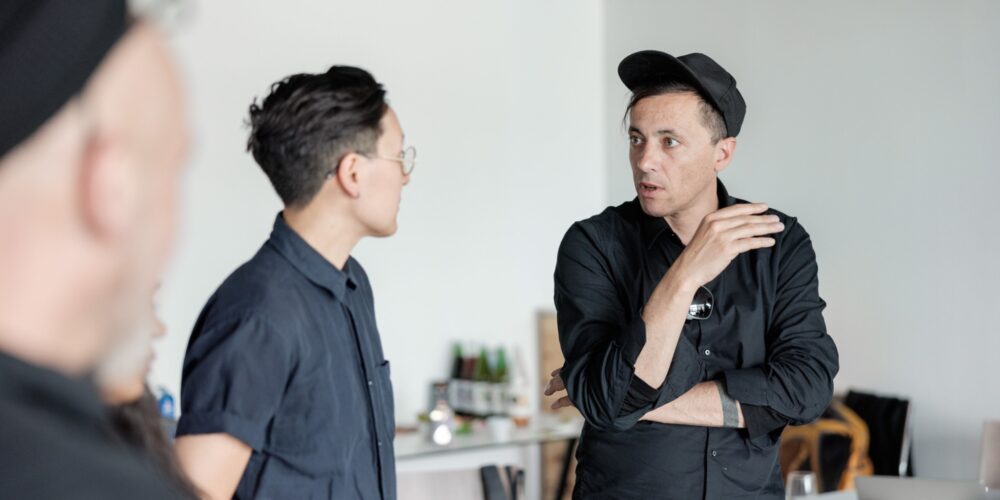
Prix Jury Weekend at the Ars Electronica Center
Experts from around the world met in Linz to agree on the Golden Nicas of the Prix Ars Electronica 2023.
-
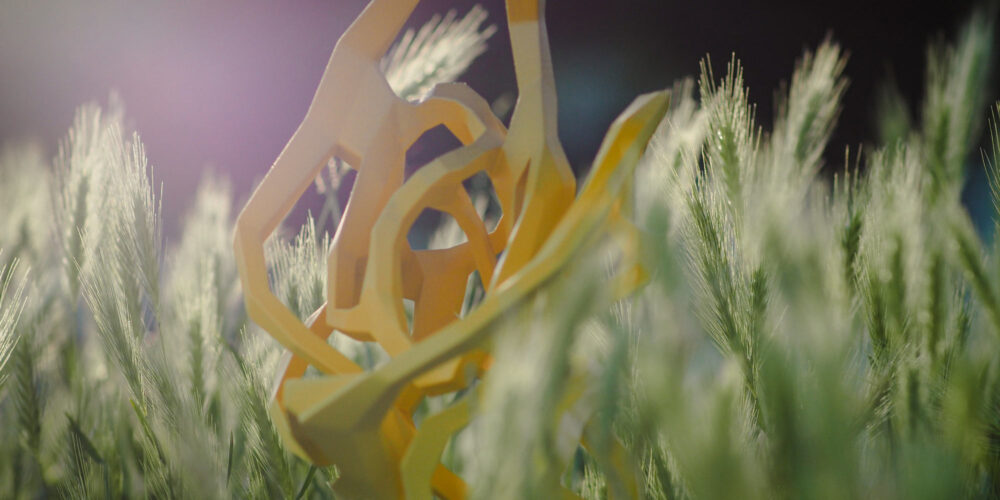
On the track of innovation
What do jackets made of orange peel, parasites for smart home devices and the monitoring of our oceans have in common? That’s right! They all characterize the enormous thematic scope of the S+T+ARTS Prize.
-
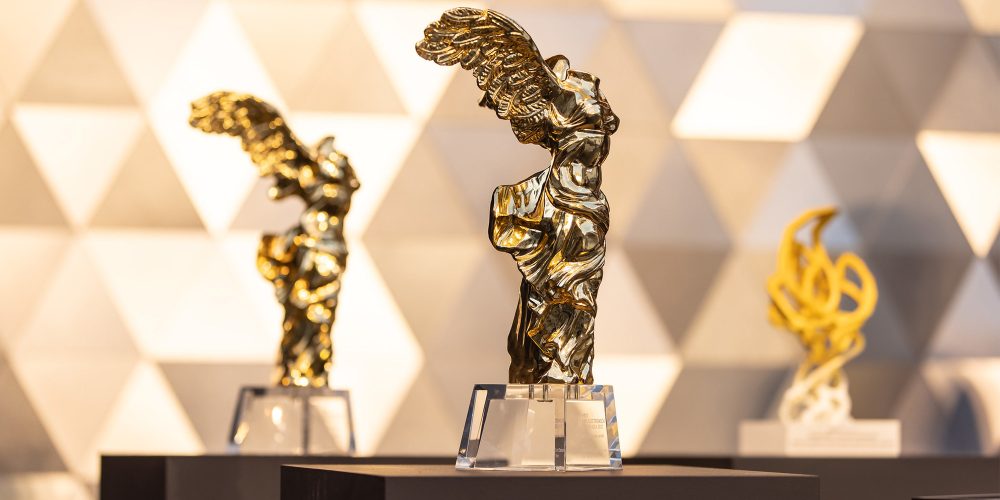
Legacy of the past and visions on the future
A new category, a new prize and a legacy begun in 1987: the Prix Ars Electronica is once again looking for exceptional media art.
-
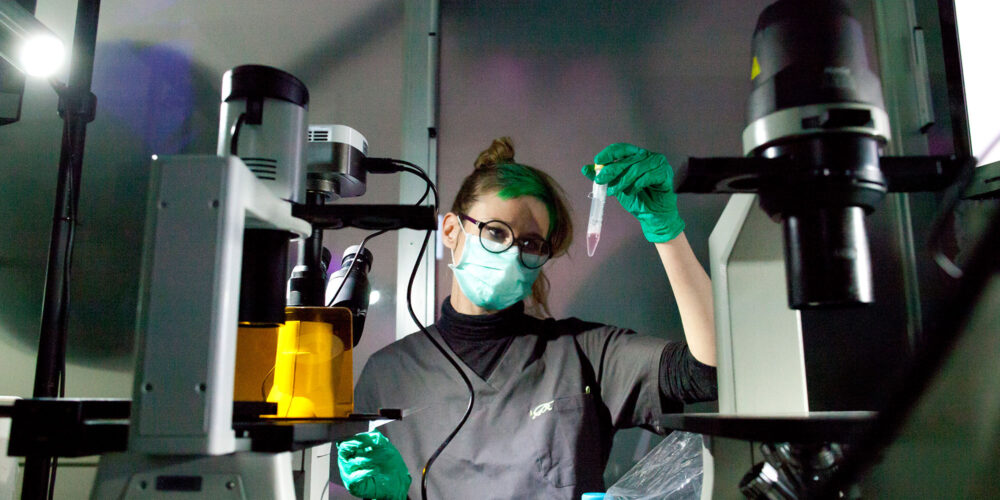
What about AIxxNOSOGRAPHIES?
For the third round of the ArtScience Residency Rainald Schumacher met artist Špela Petrič, the winner of the 2023 edition, for an interview.
-
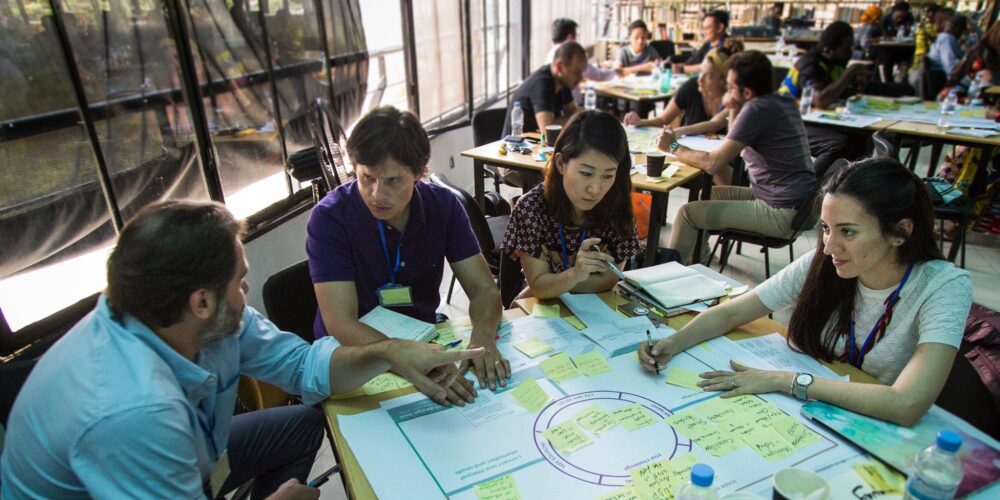
Knowing more together
The European Union Prize for Citizen Science recognizes the achievements of Citizen Science initiatives in Europe, but what exactly is being sought and why is Citizen Science so important? Find out more here!
-
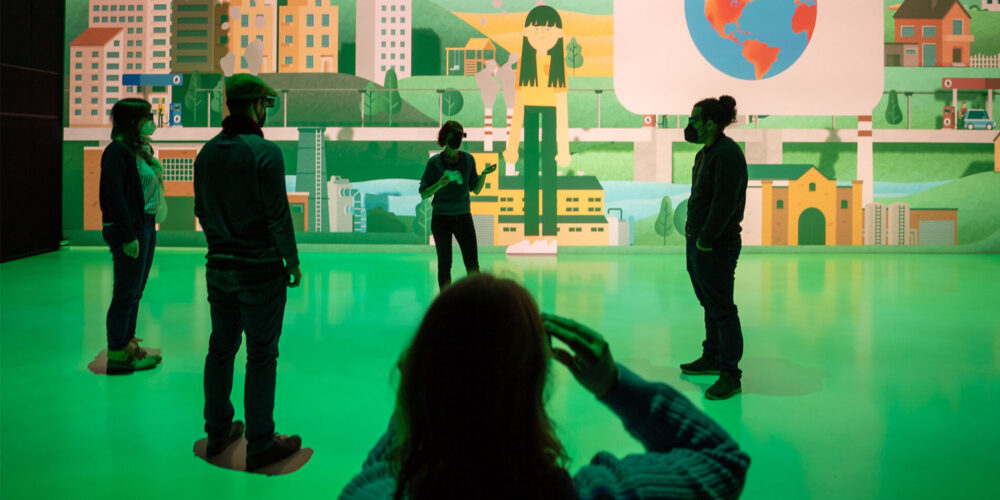
Society? That’s us!
It’s the third pillar of Ars Electronica, and we’re all a part of it: In part three of our annual review, we’ll tell you what the “Society” in our name stands for.
-
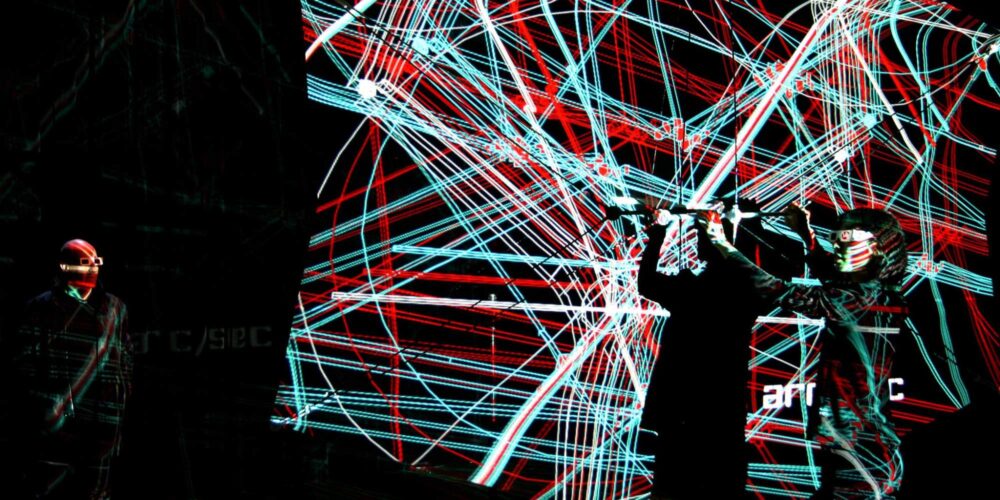
What is the European Platform for Digital Humanism?
Ars Electronica as a platform for art, technology and society and collaborative projects sponsored by the European Union belong inseparably together. Why is that so? We’ll tell you here:
-
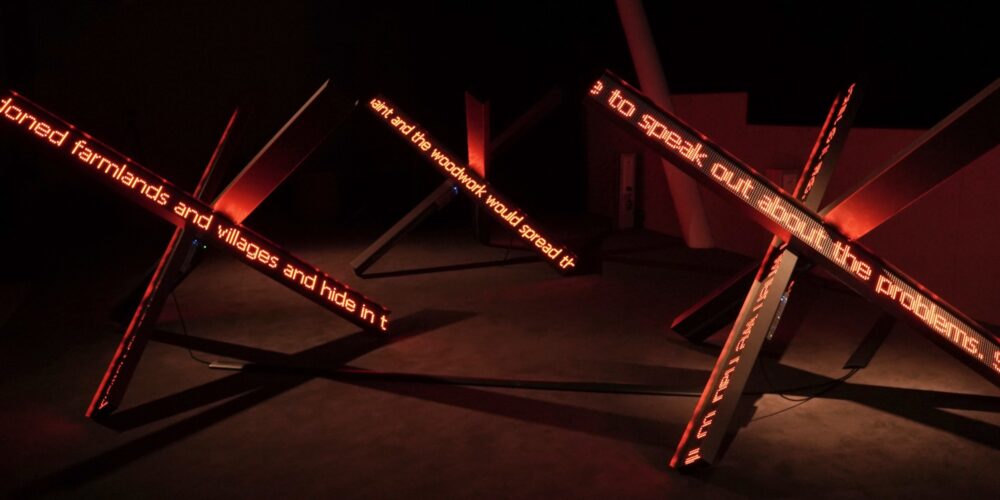
This was the second ArtScience Residency
Migration and displacement pose some of the biggest humanitarian challenges of our time. The winner of this year’s ArtScience Residency enabled by Art Collection Deutsche Telekom, Irakli Sabekia, addressed the issues of spatial justice in his project the “Archive of Spatial Knowledge”.
-
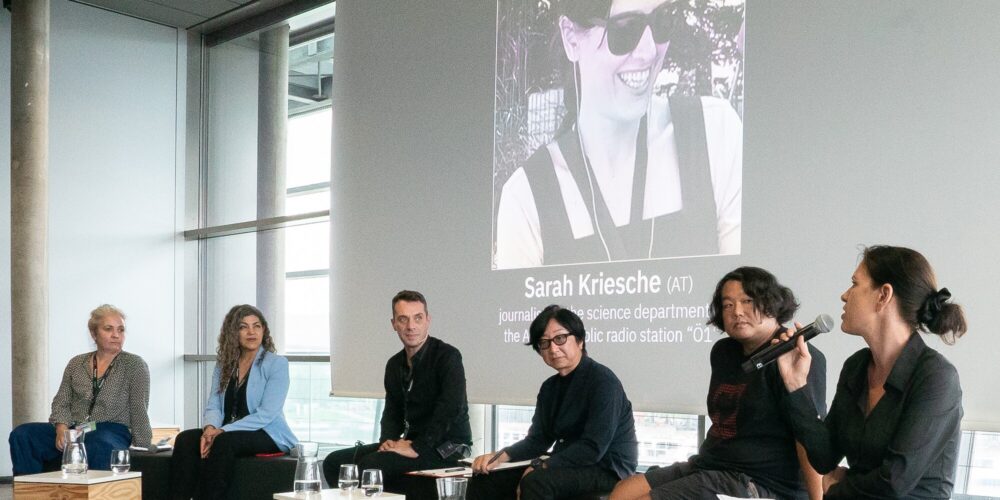
How to create "Media of the Future"
Let’s explore issues instead of just reacting to the media – but how? Experts shared ideas at the Futurelab Day.
-

Prix Day: An Artistic Finale
On the last day of the festival, the focus will be on art. But as always, there will also be a variety of exciting projects on contemporary topics such as climate change, robotics or crisis management waiting for you.
-

Gigapixel images from the Vatican: when beauty leads to faith
Experience spectacular gigapixel images from the Sistine Chapel of the Vatican Museums in Rome up close in the Deep Space 8K.
-

Forgotten feelings and false memories
In the residency program “STEAM Imaging IV”, Turkish artist Zeynep Abes is tracing the secrets of memory.
-
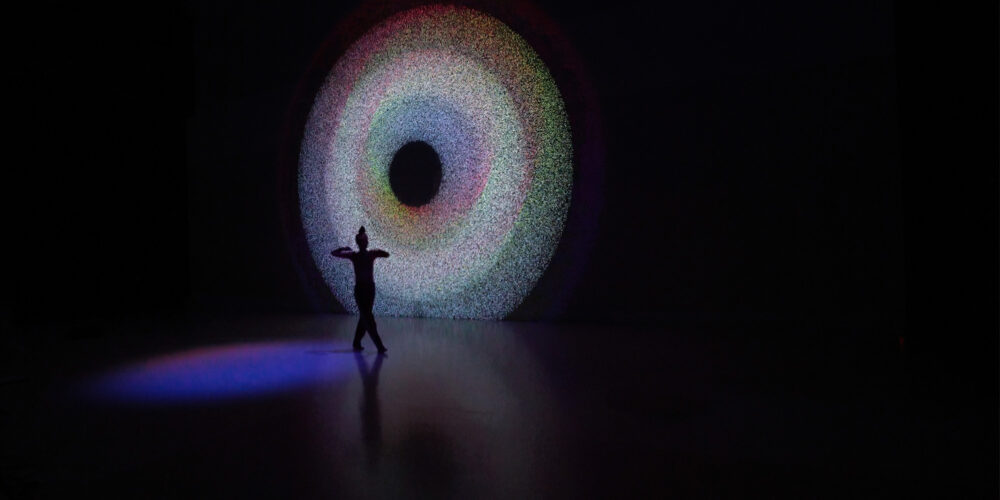
Controlled / Uncontrolled: when dancing to chaos
Can you dance uncontrollably to electronic music? And can you follow the rhythm after a while to bring yourself back under control? un ctrl knows!
-
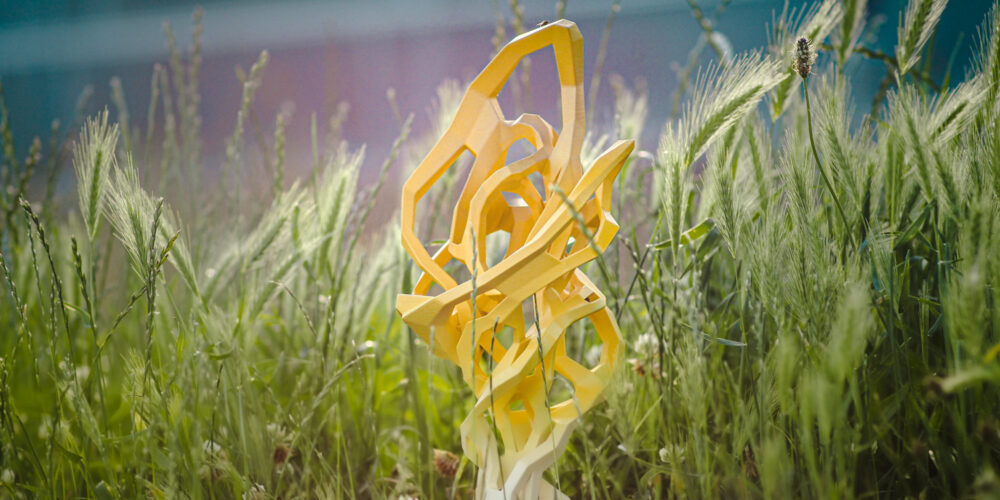
STARTS Day: Artistic Innovation and Musical Visions
What are the highlights of the Friday of the Ars Electronica Festival? We’ll give you some interesting insights into the packed program.
